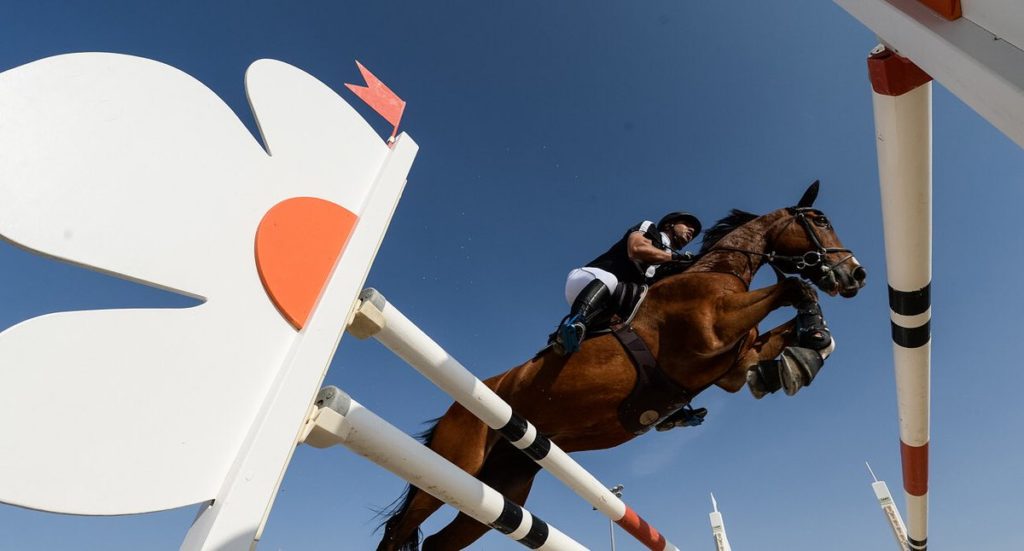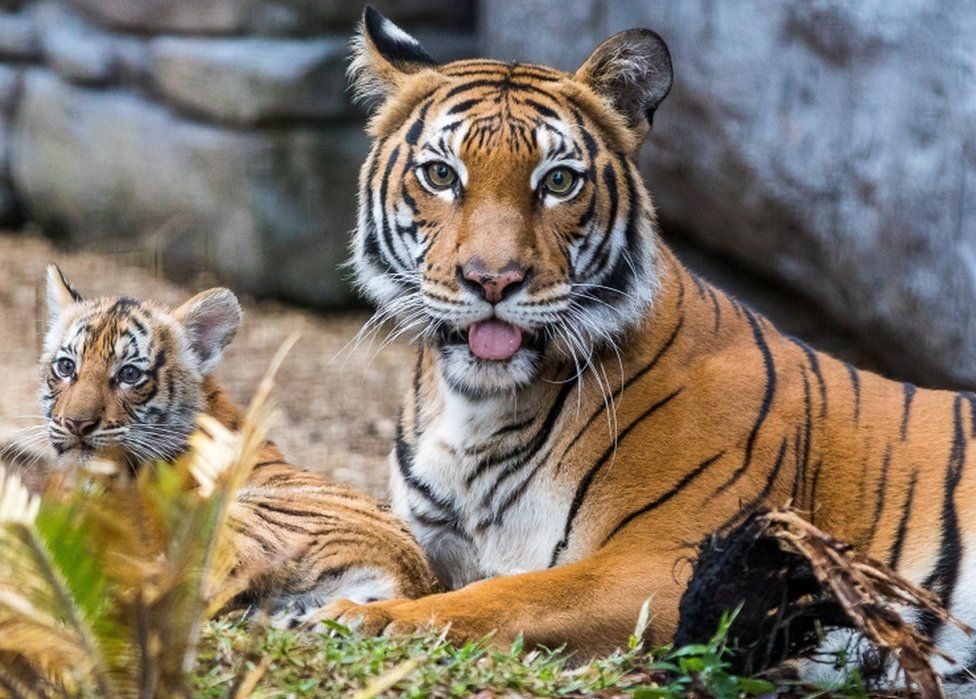The word pets is usually associated with animals that are suitable to be domesticated, such as cats, dogs, fish and birds. They don’t mind being stuck in a house all day and not socializing with other animals, but the rich have started to change this common concept of pets.
The word pets has now evolved to include exotic animals, made to live in the wild. People are paying huge amounts to own reptiles, tigers and similar animals, using them as status symbols and as a sign of their wealth.
One of most common pets in the Arab world that doesn’t fall under the umbrella of pets are horses. In some Arab countries breeding and selling Arabian horses is a business and a hobby, as well as a sign of societal elitism.
Horses are of great significance in the Arab world, most prominently in the UAE, where the annual Abu Dhabi International Arabian Horse Championship and Fujairah Arabian Horse Show are held, attracting thousands of visitors to the country.

According to an article by the National Center for Biotechnology Information, the popularization of exotic pets on social media in the Middle East has resulted in an impact on the demand for exotic pets.
The article showed that the exotic animal species most common on Arab social media platforms are tigers, followed by falcons and lions.
Tigers are endangered, with their population decreasing regularly.
The Middle East has also domesticated reptiles, from iguanas to snakes. UAE-based Instagram accounts are breeding and selling all kinds of reptiles, skinks, snakes, bearded dragons and much more. Changing our idea of reptiles from odd creatures we were terrified of to adorable pets labeled as ‘cute.’
In 2017, the UAE outlawed the keeping of wild animals as pets, such as lions or tigers, but that did not stop the rich and well-connected from possessing them.
Wildlife trafficking in the Arab world is nothing new. A 2018 study reported 117 known trafficking instances throughout the study’s period, the third-highest in the world after China and Thailand, which recorded 387 and 150 trafficking instances, respectively.



